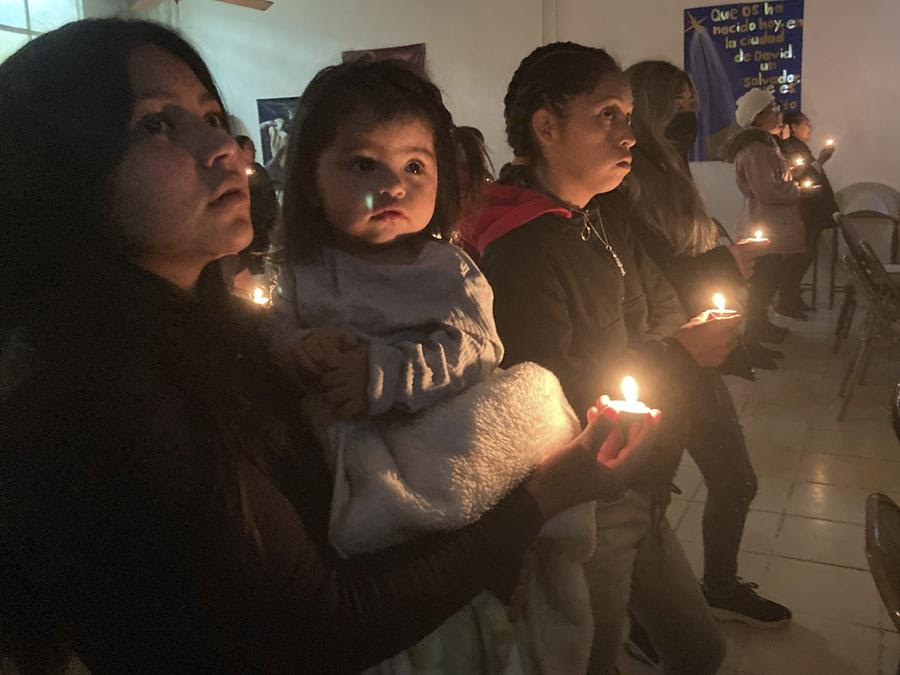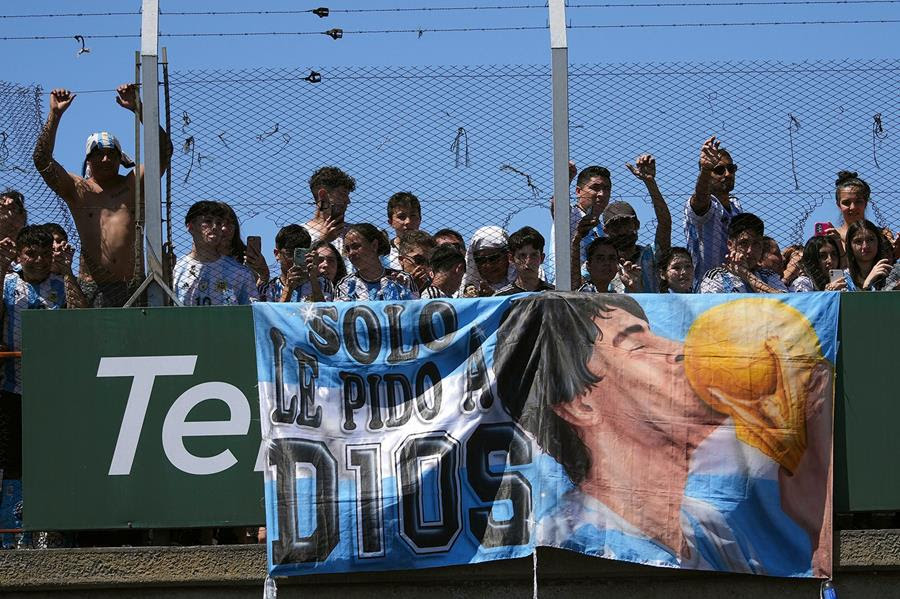* By Dr Stephen G. Brown “Good intentions do not suffice for this,” he said in his first message at the end of mass with the College of Cardinals in the Sistine Chapel on 20 April 2005. “Concrete gestures that enter hearts and stir consciences are essential.” Some were sceptical about the German-born pope’s ecumenical commitment given his reputation in his previous position as prefect of the Vatican’s Congregation for the Doctrine of the Faith. In 2000, in the statement “Dominus Iesus,” the congregation asserted that Protestant communities “are not Churches in the proper sense.” Yet Benedict was the first pope to have come from a country with a roughly equal balance between Protestants and Catholics, and one that had been at the very centre of the 16th-century Reformation. As Professor Joseph Ratzinger, he was also the first pope to have belonged to a committee of the World Council of Churches (WCC). In 1968, when for the first time Roman Catholics were appointed as full members of the WCC’s Commission on Faith and Order, Ratzinger was among them. In 1971, he addressed the commission on religion and culture. In Germany, as archbishop of Munich und Freising, Ratzinger became the Roman Catholic co-chair alongside Protestant Bishop Eduard Lohse of a joint ecumenical commission that sought to find ways of bridging the centuries-old rift between the two traditions. Scholars have noted his decisive role in the 1999 Joint Declaration on the Doctrine of Justification by the Catholic Church and the Lutheran World Federation, which dealt with one of the central issues in the 16th-century Reformation that divided the followers of Martin Luther and the papacy. In 2011, he was the first pope since the Reformation to visit the Augustinian monastery – now a Protestant church – in the German city of Erfurt where Luther trained as a monk. At a meeting there with Protestant leaders, Benedict praised Luther’s quest to understand how to receive the grace of God as the “the deep passion and driving force of his whole life’s journey.” However, at the ecumenical prayer service at the monastery, he said that “talk of an ‘ecumenical gift’” expected from his visit represented a misreading of faith and of ecumenism. While he said he did not need to specify the gift, it was understood to be a reference to a widespread desire for Protestant–Catholic couples to be able to receive communion together. Benedict’s invitation in 2012 to Dr Rowan Williams to become the first archbishop of Canterbury to address a synod of bishops in Rome said something of the pontiff’s appreciation for the Anglican leader. However, the Vatican’s decision to set up an “ordinariate” to receive disaffected Anglicans led to widespread irritation. It was with the Orthodox churches of the East to which most hopes for greater unity were directed. In 1976, Ratzinger had suggested that from a theological perspective, the union of the churches of East and West was fundamentally possible, although the spiritual preparation had not advanced sufficiently. Within a short time of Benedict becoming pope, long-standing issues that had prevented meetings of the Catholic–Orthodox international dialogue commission were swept aside. In November 2006, Pope Benedict visited the Ecumenical Patriarch, Bartholomew I, for the feast day of St Andrew, considered to be the founder of the Ecumenical Patriarchate of Constantinople, the former name for present-day Istanbul. By 2007, the Catholic–Orthodox commission had drawn up the Ravenna document on conciliarity and primacy, seen as a first step towards overcoming the thousand-year disagreement on papal primacy, although the early momentum was lost in the years that followed. Nevertheless, by the time of his decision in 2013 to step down as pope – something unprecedented in the modern era – Pope Benedict had set in motion a dynamic that could be continued by his successor, Pope Francis, in his quest for ecumenical dialogue. "Pope Emeritus Benedict XVI leaves a legacy of ecumenical dialogue", WCC news release, 31 December 2022 Address of Joseph Ratzinger to the Commission on Faith and Order of the World Council of Churches, Louvain, 1971, WCC Faith and Order Papers Digital Edition
* Dr Stephen G. Brown is editor of The Ecumenical Review, the quarterly journal of the World Council of Churches | 



























